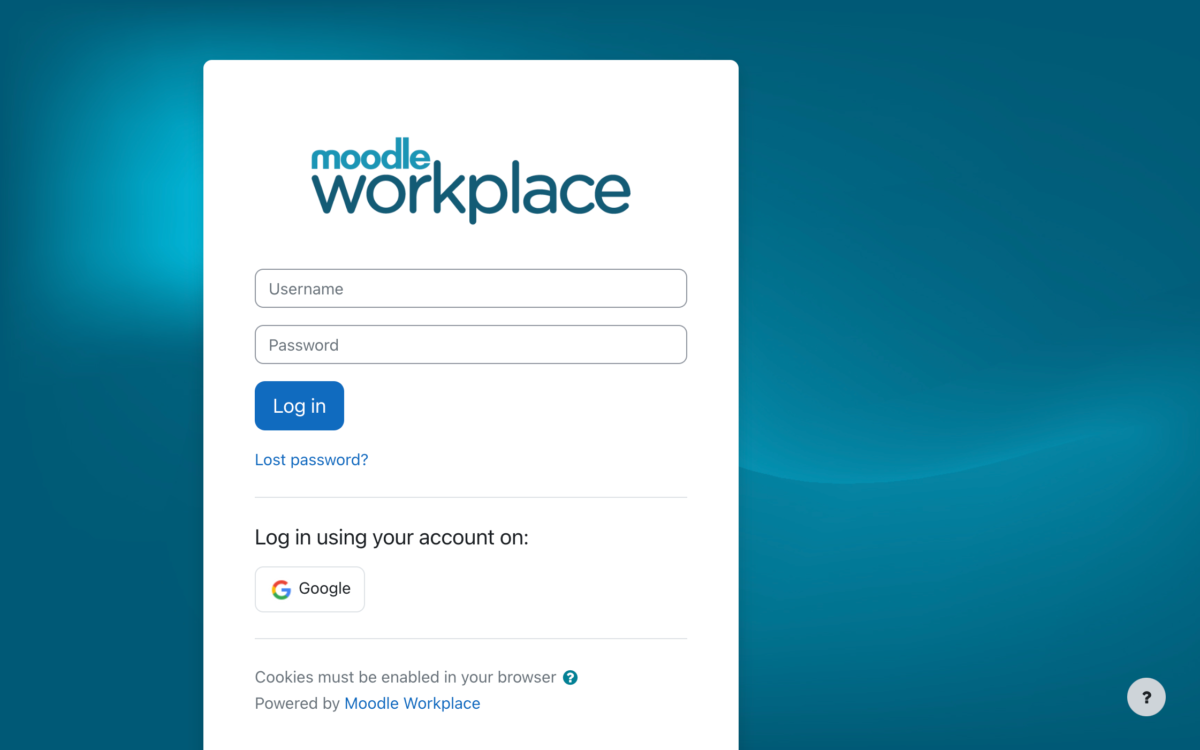Is there any truth to the idea that work should be play?
Have you ever seen a work colleague on their smart phone playing games during work hours? Is your immediate reaction something like: Quit slacking off. Well, it turns out that gaming can be a way to stay fresh during long work hours.
Some psychologists contend that gaming actually helps you relax and problem solve in a more self-affirming way. If you think about it, that contention makes sense, especially during times of the day where you might feel a bit flat, like the late afternoon. Instead of a jolt of caffeine washing down a chocolate or a bikkie, why not solve a puzzle or chase and capture something through a digital landscape?
Gaming can be the digital equivalent of going for a mind-cleansing walk in the fresh air when trying to solve a particularly knotty problem. It puts problem solving into a different context.
So if gaming is good for employees, why not incorporate it into professional development courses delivered through your Learning Management System?

Gaming is becoming increasingly viewed as a very effective learning tool. But the game has to have a reason for existing with clear goals. It’s one thing to stack jellybeans or solve a numbers or letters riddle, and quite another to require team members to collaborate.
There are a few simple steps you can take before you begin your quest to design a game for work.
Let’s look at a quick example: You decide you want to design a game that fosters team collaboration.
After defining the outcome, you work backwards. Develop a storyline that fosters that goal. You want a game that pits one team against another, perhaps on a point system that accrues for capturing a box from a stack about to fall over. If your team isn’t in a position to catch the box, your team loses points.
The game should feature the need for clear communication, quick decision making and a reward system. The successful team may be given dinner vouchers.
Of course, gaming shouldn’t be employed in some work environments. For example, you wouldn’t want an air traffic controller chasing virtual reality dragons during critical hand-offs to other air traffic sectors. Or a surgeon taking a break trying to solve a crossword puzzle.
But gaming is becoming increasingly important as a component of your LMS. If you would like to discuss how to better utilize gaming as a learning tool, feel free to contact My Learning Space.







